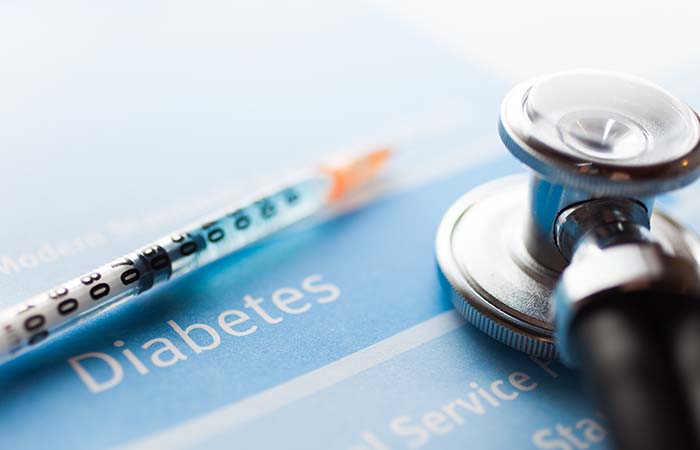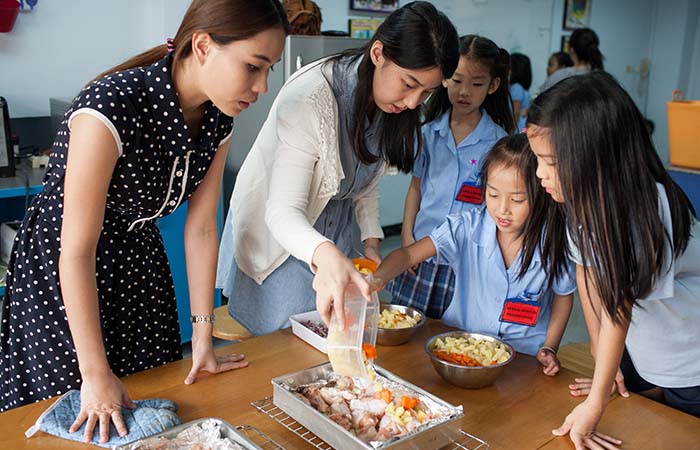
News & Events
World Diabetes Day 2018
This year’s theme being “The Family and Diabetes”, aims to raise awareness about the impact of diabetes on the family and provide recommendations on enabling a support network to those affected by diabetes.
The prevalence of Type 2 diabetes is increasing at an alarming rate globally, and this trend is observed even amongst children and young adults. According to the UN’s Food and Agriculture Organisation (FAO), the number of overweight children under five rose to 38% between 2000 and 2016 in the Asia-Pacific region, and the problem is still growing. This is exacerbated by factors including sedentary lifestyles and unhealthy diets, raising the rates of obesity, particularly in children. The rapid rise in childhood obesity is worrying as it is strongly associated with obesity and its related Non-communicable diseases (NCDs) such as diabetes in adulthood.
Various countries in Asia have been scrambling to respond to the growing epidemic, imposing measures such as taxes, advertising restrictions and negative labelling schemes to curb the health challenges. However, it is important to equip children with the knowledge and skills for leading a healthy lifestyle, by creating an environment where healthy choices are the easy choices. With nutrition education programmes delivered in an engaging and interactive manner, children would gain experiences in food, nutrition and health and become empowered to take responsibility for their own well-being in the long term.

With ARoFIIN acting as a catalyst for multi-stakeholder action stimulating scalable, cost-effective multi-stakeholder strategies for a healthy and prosperous Asia by driving a positive change in consumer behaviour and innovation; the platform has driven two country-level partnerships which will be implemented at the end of the year, to foster healthy behaviours among school children and by extension their families and communities.
Proposed collectively by Mahidol University and the Thailand Food and Drug Administration (FDA), the “Nutri-Teacher” programme was developed for teachers and students who will be trained to assess their health behaviours and their families’ health behaviours. This self-monitoring concept aims to educate children about their current nutrition situation so that they can become health and nutrition agents among their peers, family and the community. The tool can also support the development of health policies, from the derived statistics to advocate for a healthy community.

As part of the scaling efforts, the United Nations World Food Programme, Indonesia with the support from ARoFIIN aims to promote the consumption of fruits and vegetables in Indonesian schools by developing resources to strengthen nutrition education. This collaboration strives to empower Indonesian school children with access to nutritious food and nutrition education, which can drive a positive impact on learning achievements in school.
With programmes that target food and activity showing the most promise in the fight against diabetes, it is important to engage various sectors to be a part of the solution in order to drive a significant change within a population.
Find out more about World Diabetes Day and how to manage, discover and prevent diabetes here.

